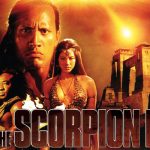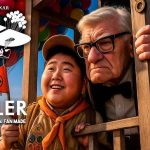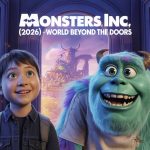Kung Fu Jungle (2014) – The Way of the Fist
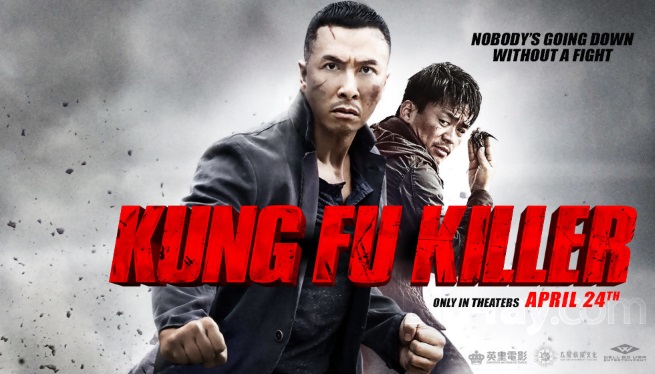
Some men fight for glory. Others fight for blood. But in Kung Fu Jungle (2014), the fight is for redemption—and for the very soul of martial arts. Directed by Teddy Chan and starring Donnie Yen, the film is both a blistering action showcase and a meditation on discipline, pride, and the line between mastery and madness.
The story follows Hahou Mo (Donnie Yen), a martial arts master imprisoned after a duel ends in tragedy. Once celebrated for his skill, he now lives with shame, locked away from the world he once dominated. But when a mysterious killer begins targeting martial arts masters across Hong Kong, Hahou offers to help the police track him down—on one condition: his freedom.
At its core, Kung Fu Jungle is a duel of philosophies. The killer, Fung Yu-Sau (Wang Baoqiang), sees martial arts as pure destruction—each fight a stage for dominance, each master just another stepping stone to his legacy of blood. Hahou, haunted by his own violent past, embodies the opposite: martial arts as discipline, honor, and responsibility. Their conflict becomes less about survival and more about the meaning of the art itself.
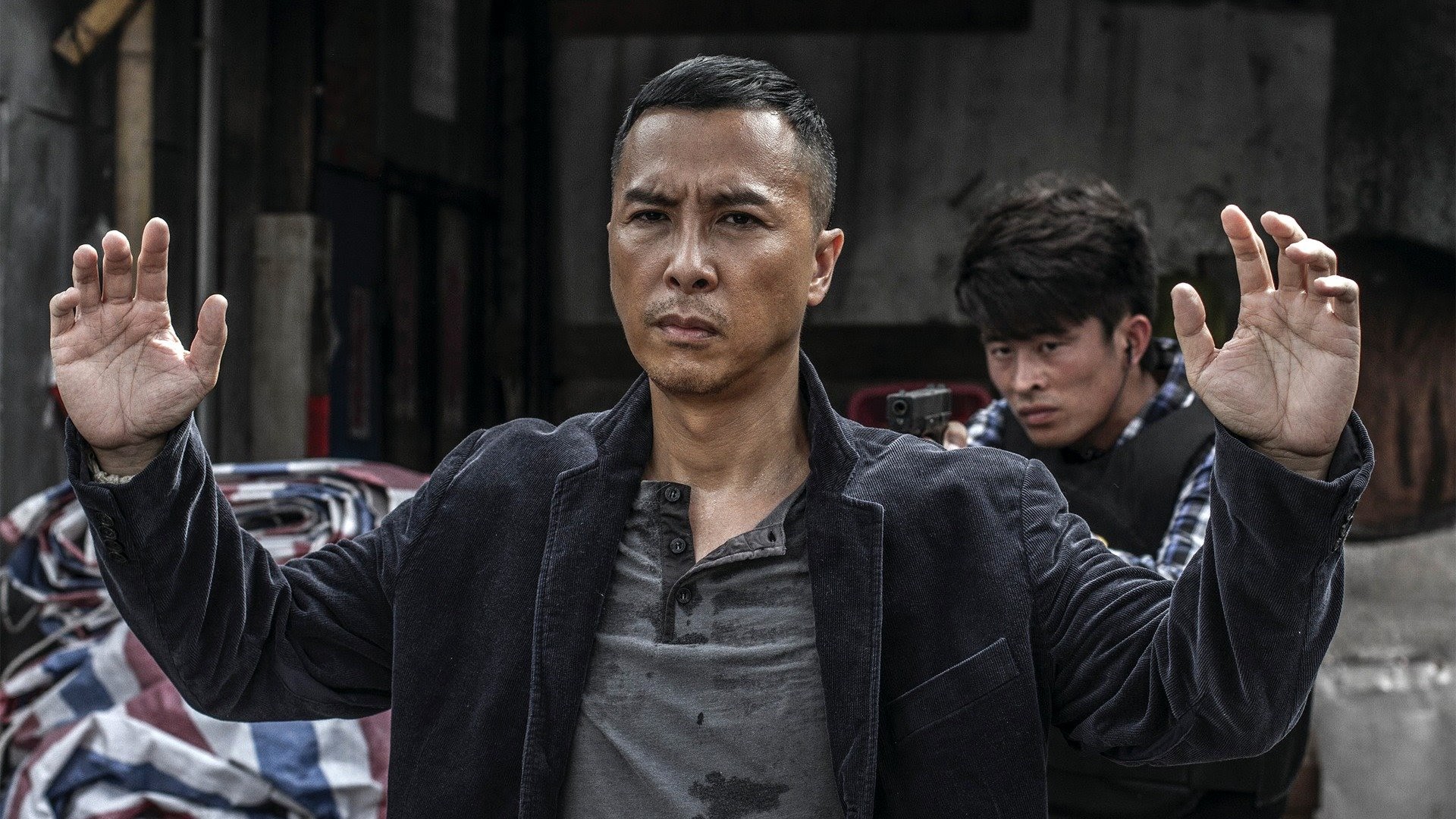
The action is spectacular and varied. Each murder is staged as a test of a specific martial discipline—staff combat, blades, grappling, bare-handed precision—turning the film into a love letter to kung fu’s diversity. Donnie Yen’s choreography is at once brutal and graceful, mixing lightning speed with bone-crunching realism.
Visually, the film thrives on contrast. Rain-slicked streets, neon skylines, and abandoned warehouses become arenas where philosophy meets flesh. The city itself feels like a battlefield, alive with shadows, echoes, and ghosts of forgotten masters.
The score pulses with tension, mixing traditional Chinese instrumentation with modern beats, grounding the action in cultural roots while amplifying the suspense of the chase.
Supporting characters add depth: Charlie Young as Detective Luk Yuen-Sum brings sharp intelligence and humanity to the investigation, while the martial arts community becomes a gallery of pride, fear, and reverence. Each figure reflects a different face of kung fu’s heritage.
Thematically, Kung Fu Jungle is about respect—respect for history, for skill, and for the thin line between art and violence. It asks whether true mastery lies in defeating opponents, or in conquering one’s own darkness.
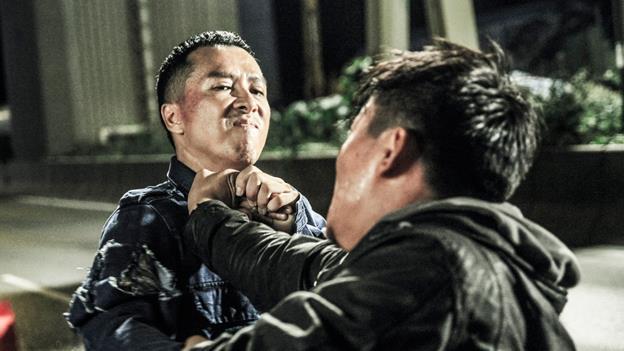
By its finale, when Hahou and Fung face off in a relentless duel along a busy highway, fists, kicks, and wills collide in one of Donnie Yen’s most memorable fights. It’s a battle not just for life, but for the very definition of martial arts itself.
Ultimately, Kung Fu Jungle (2014) is more than an action film—it is a tribute to the legacy of kung fu cinema. Relentless, stylish, and thoughtful beneath its violence, it proves why Donnie Yen remains one of the genre’s greatest living legends. In every punch and scar, the film whispers a single truth: the way of the fist is also the way of the soul.
Related movies :
Related movies :
https://youtu.be/pMORcnLCo1E?si=y8vh-7XHJV_6vPd-
Related movies :
Related movies :
Related movies :
Related movies :
Related movies :
